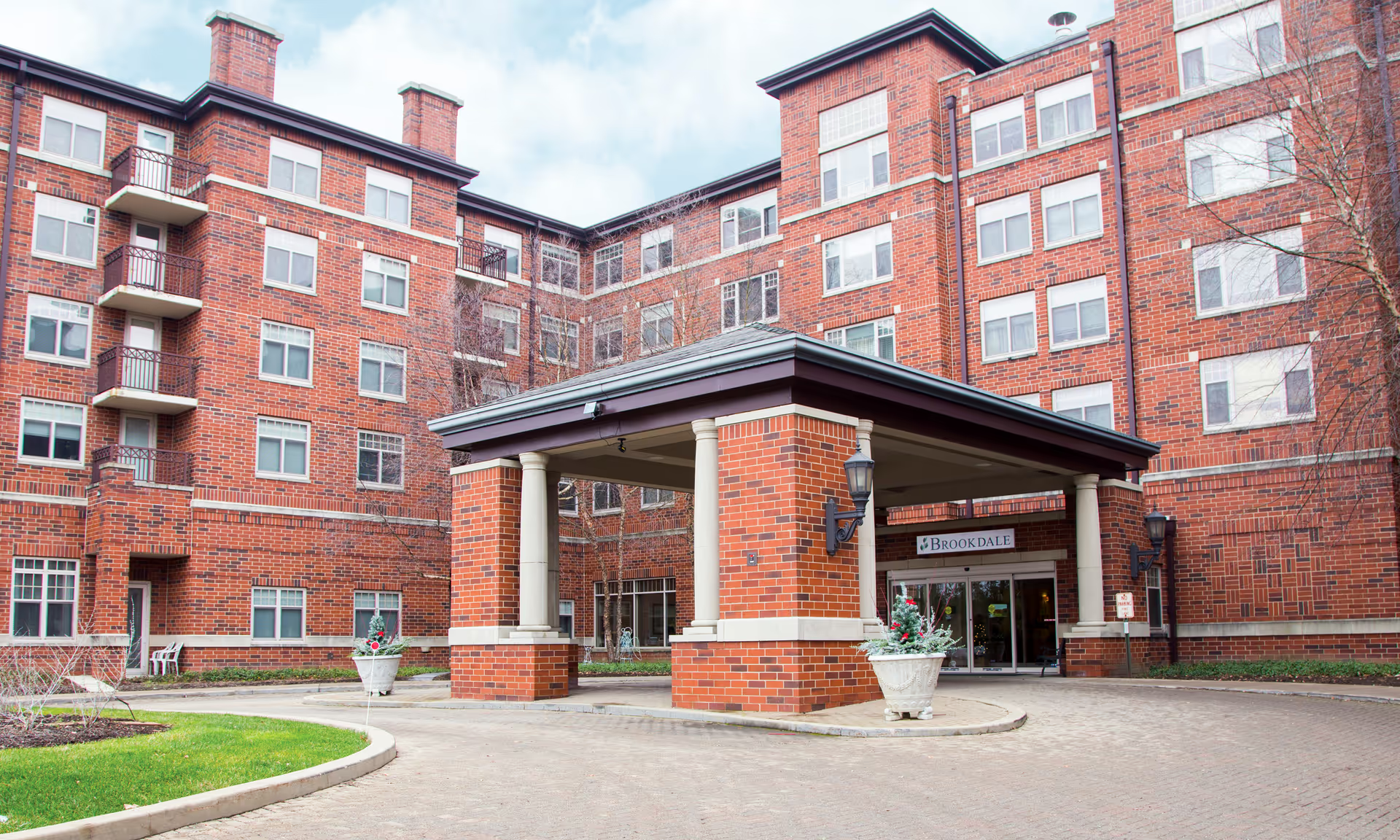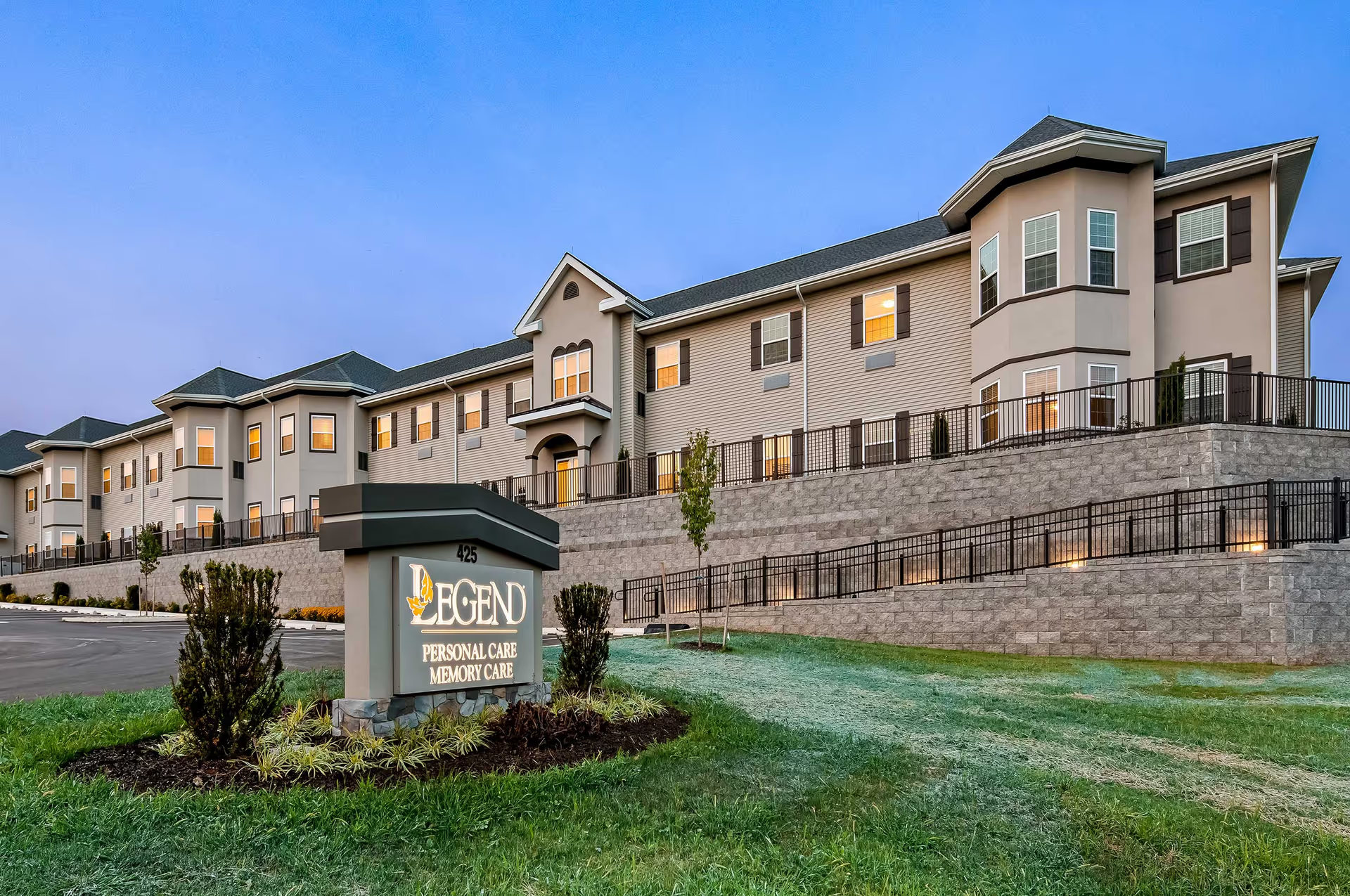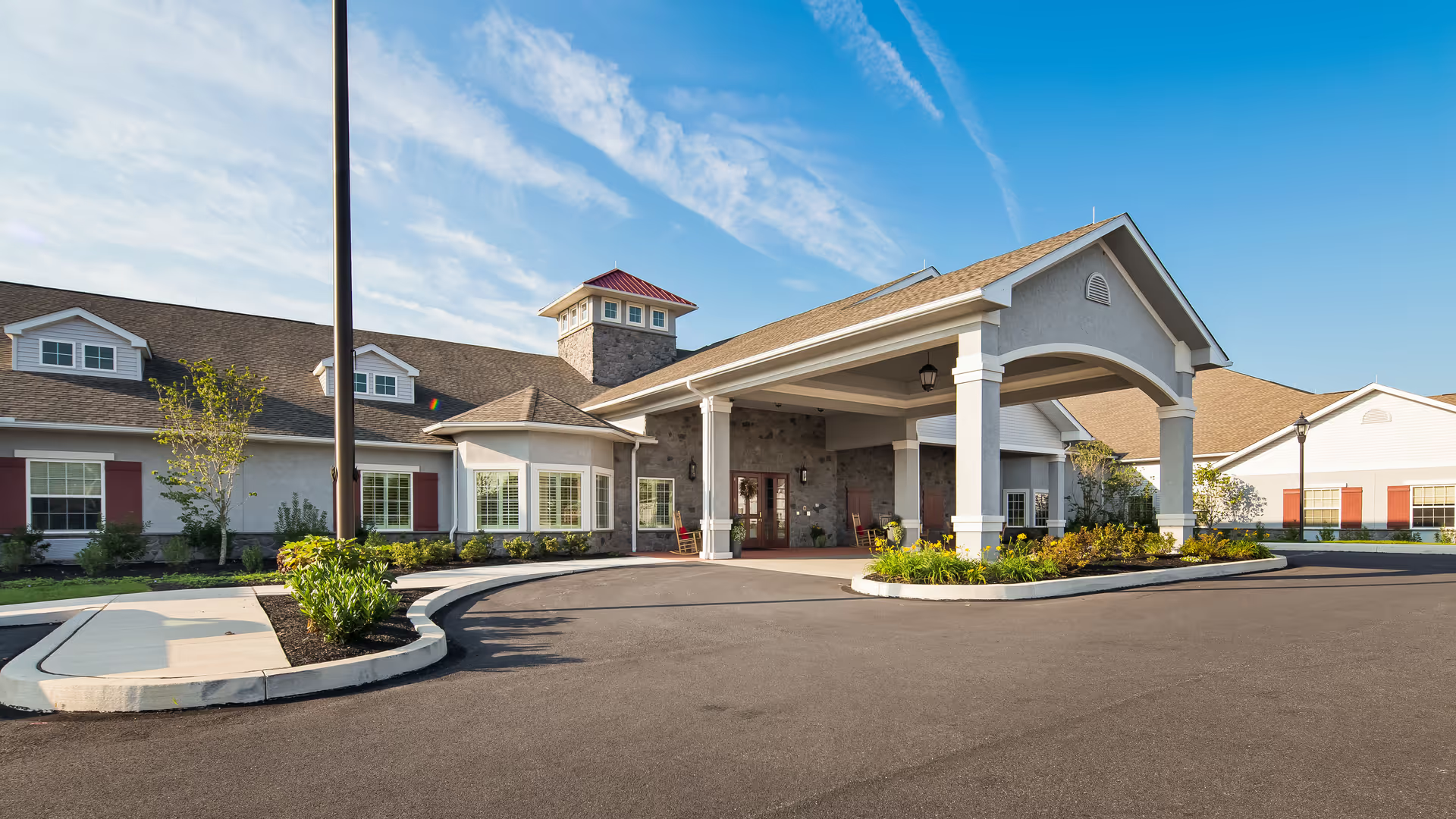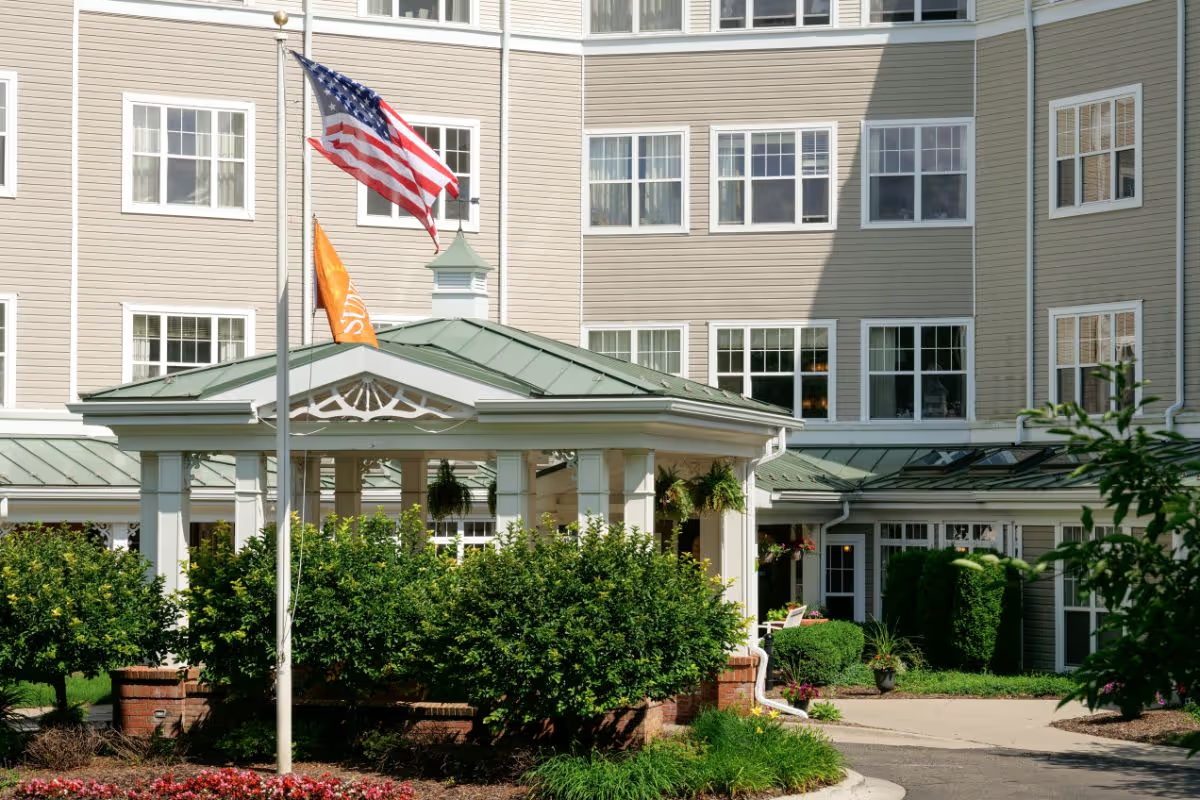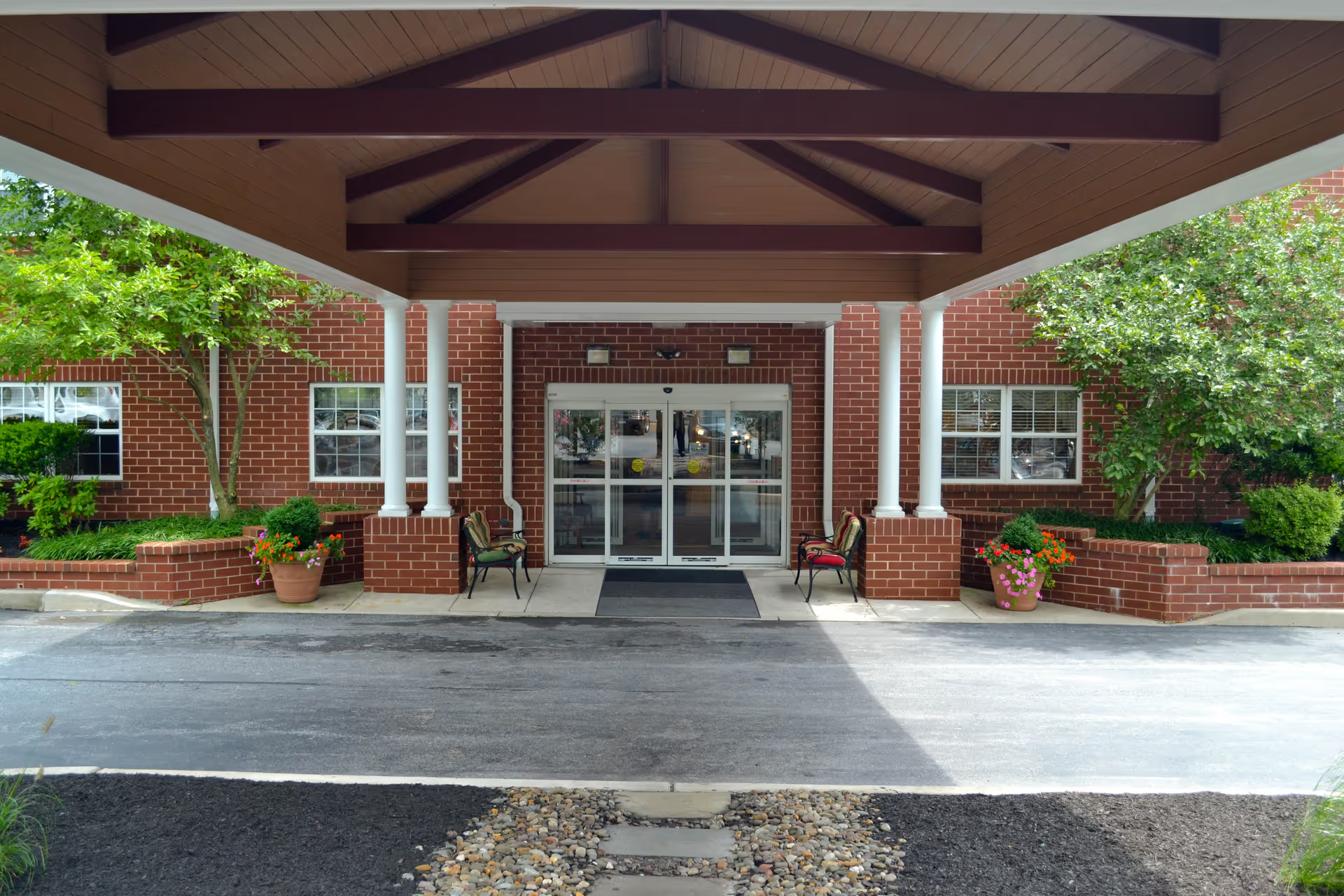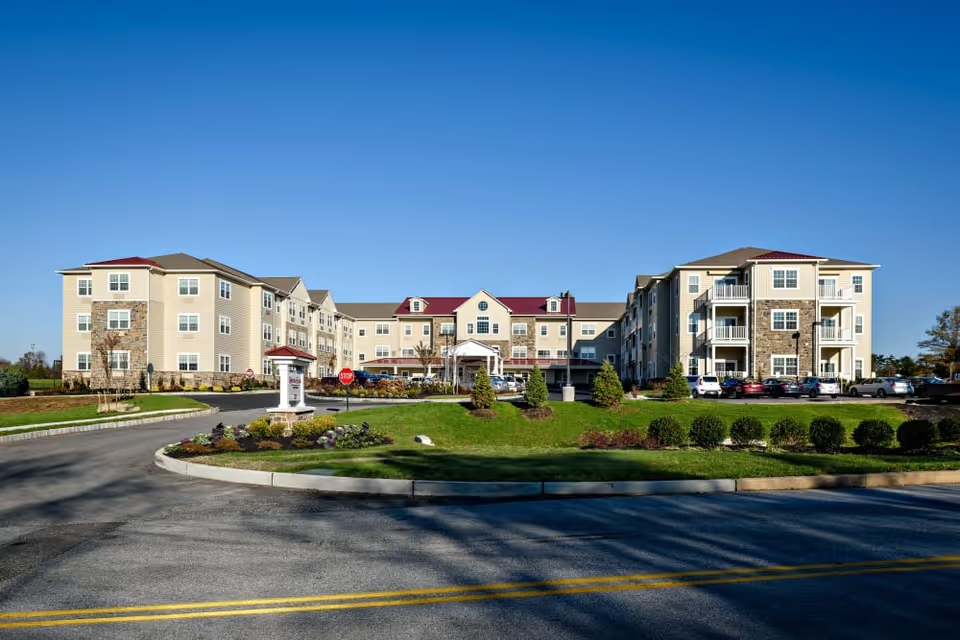Overall impression: Reviews for Schoellkopf Health Center are mixed and polarized. Several summaries praise the facility for its food, some aspects of clinical care, and the presence of amenities like private rooms, an activity room, and physical therapy. At the same time, a number of serious concerns appear repeatedly, including slow staff response times, inconsistent quality of care, and allegations of neglect that reviewers link to falls, infections, and even death. Communication and staff competency are recurring themes with contradictory reports: some families report excellent communication and genuine caring staff, while others describe poor communication, aggressive or outrageous staff behavior, and a top-down culture that hampers care.
Care quality and clinical services: There are clear, conflicting impressions of clinical care. Multiple reviewers explicitly describe "topnotch care" and note that the facility offers physical therapy and supported COVID-19 recovery, indicating that for some residents clinical needs were met effectively. Conversely, other reviews make serious allegations of neglect, lack of training, infections, falls, and even death attributed to poor care. These contradictory accounts point to inconsistency—some residents appear to receive very good clinical attention, while others do not. Because both strong praise and severe criticisms appear, the pattern suggests variability in care that may depend on factors such as staffing levels, individual caregivers, or specific shifts/units.
Staff performance and communication: Staff are similarly described in mixed terms. Several reviewers emphasize "fine staff" and "genuine care for residents," and at least one review highlights excellent communication with family members. However, an equal or greater number of complaints mention slow response to calls, staff being "outrageous," alleged lack of training, and poor communication from management or frontline workers. The mention of a "top-down" care approach is framed as a criticism, implying that management style or leadership may be contributing to communication breakdowns or staff behavior issues. Taken together, these comments suggest variability in staff behavior and competence and point to potential systemic issues in training, supervision, or staffing that merit investigation.
Facilities, activities, and amenities: Positive notes include availability of private rooms described as "nice," an activity room, and organized activities and dining features. Several reviewers call out specific menu items (fish fillet Fridays, roast beef), and at least one reviewer calls the food "wonderful." At the same time, food quality is reported as inconsistent by others—"food is OK sometimes." Activities were noted but limited by the pandemic; COVID-19-related restrictions reduced activity programming, which reviewers explicitly mention. The facility does provide physical therapy and has space for activities, but pandemic constraints and other operational issues appear to have limited engagement for some residents.
Safety and serious concerns: A number of the summaries raise safety-related issues that are significant: repeated mentions of falls, allegations that infections resulted from neglect, and an explicit mention of a death linked to poor care. These are serious claims and, while they appear in the reviews, they are presented by reviewers rather than confirmed facts within these summaries. Still, their recurrence is notable and should be a central consideration for families and regulators—especially the concerns about lack of training and slow response to calls, both of which can directly impact resident safety.
Patterns and recommendations for families: The reviews indicate a highly variable experience at Schoellkopf Health Center. Positive experiences emphasize good food, attentive care, and helpful communication; negative experiences cite safety incidents, inconsistent care, training gaps, and management issues. Prospective residents and families should treat this facility as one where individual experiences may differ substantially and should therefore: (1) ask specific, recent questions about staffing levels, staff training, and fall-prevention protocols; (2) inquire about recent incident reports, infection-control procedures, and outcomes of any investigations; (3) request to meet direct care staff and to observe a shift change if possible to assess responsiveness and culture; (4) review current activity schedules and how COVID-related limitations are being managed; and (5) verify dining options and sample menus if dining quality is important.
Conclusion: In summary, Schoellkopf Health Center receives both genuine praise and serious criticism. Strengths cited include specific menu favorites, availability of private rooms, an activity space, physical therapy, and evidence that some staff provide compassionate, high-quality care. Major concerns center on inconsistent care, safety incidents (falls, infections), alleged neglect, slow responses to calls, gaps in training, and uneven communication/management practices. These mixed signals recommend thorough, targeted questions by families and careful, up-to-date verification of safety and staffing practices before making placement decisions.
